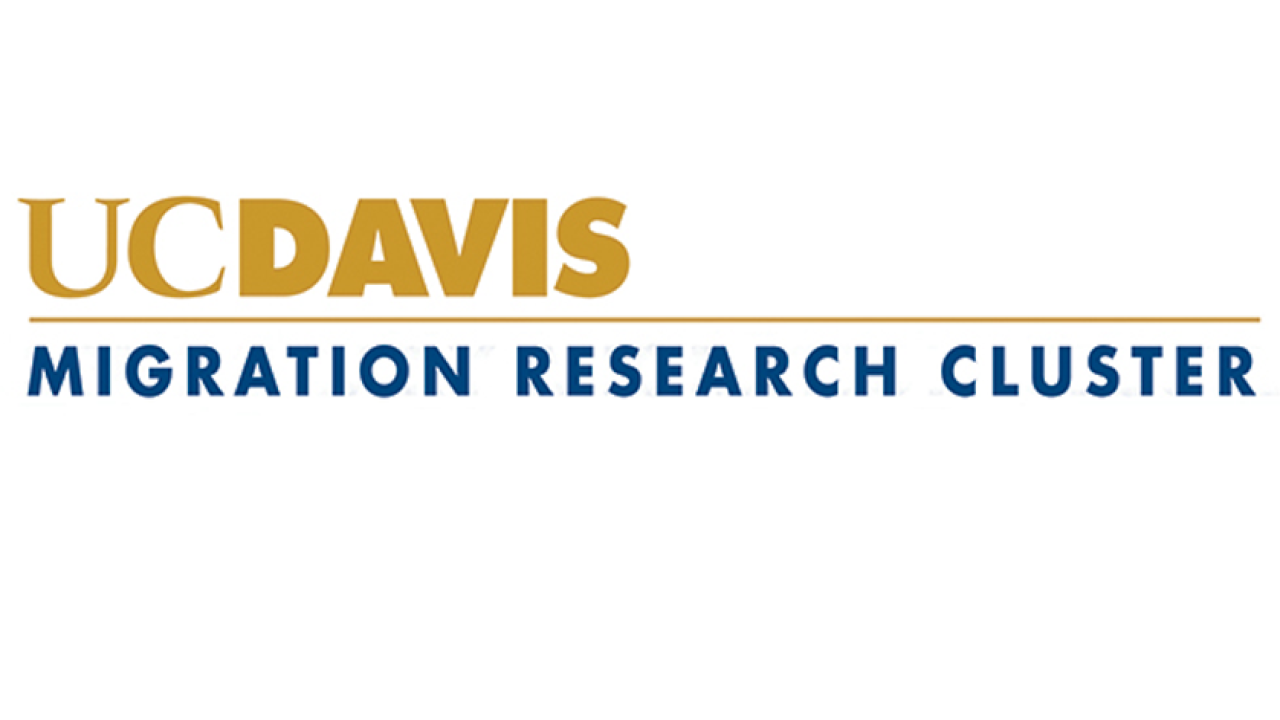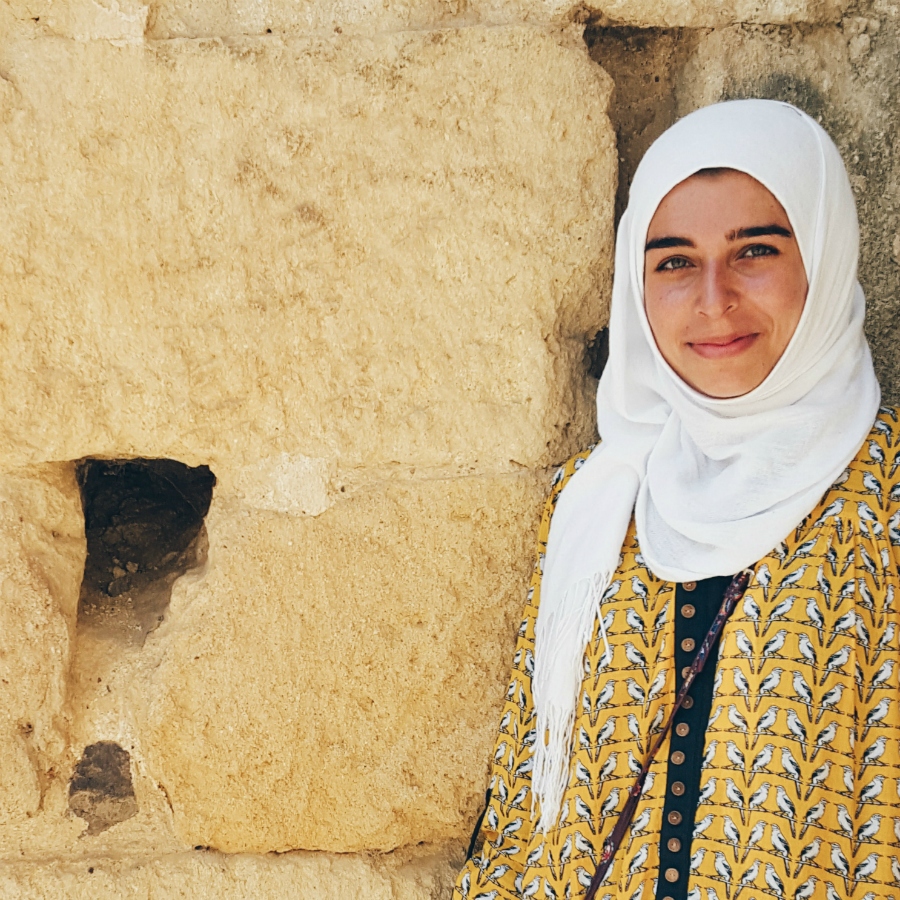
Event Date
Abstract:
Drawing on fieldwork conducted in Dubai between 2016 and 2018, Joud Alkorani's paper examines the migratory trajectories that lead Muslim women to Dubai and the associated networks of friendship and sisterhood which mediate their otherwise precarious lives once they arrive. These women share a view of life in the West as economically precarious and spiritually unrewarding, and a common sense which posits Dubai as the more secure, agreeable alternative for the educated, professional single Muslim woman. This paper argues that, while a less precarious life is not necessarily found in Dubai, a means to make this precarity bearable is: the camaraderie of a like-minded community of expatriate and aspiring sisters in Islam with whom one “waits” and “endure” for the sake of Allah (Hage 2009). As my field research explores, this sisterhood congregates around an all-female Islamic center whose daily lectures teach purification of the heart to an English-speaking, primarily Western-born Muslim audience. Classes explicating the names of Allah underscore the importance of individual responsibility and responsiveness to life’s trials and uncertainties, where spiritual endurance is critical to the cultivation of the self.
In addition to embracing discourse which, drawing on Islamic eschatology and theology, provides a religious rationale for persisting through precarity, these women persevere by persevering together. Upon integrating into this network of “people as infrastructure” (Simone 2004; Elyachar 2010), women find themselves with a place to stay when behind on rent, emotional support in times of grief, and companions with whom one can unwind on the weekend. More than a network of migrants (Xiang and Lindquist 2014), the “spiritual infrastructure” that friendship and sisterhood for the sake of Allah offer dramatically reconfigures an otherwise lonely, taxing day-to-day existence in Dubai into a communal project of (self-)development. Here, care for the self-invites care for the other—a critical element for survival in the precarious setting of Dubai—with Allah mediating one’s relationship to both self and other. Exploring these dynamics with ethnographic examples, therefore, this paper describes how the move from a vilified migrant Muslim woman in Europe to like-minded expat Muslim sister in Dubai provides a certain group of women the means to redefine what constitutes home.
Co-sponsored by the History Department, the Middle East/South Asia Studies Program, and the Migration Research Cluster.
 Joud Alkorani
Joud Alkorani
Ph.D. Student
University of Toronto
Joud Alkorani is a PhD candidate in the Department for the Study of Religion and the Centre for Diaspora and Transnational Studies at the University of Toronto. Her current research provides an ethnographic account of how life in Dubai shapes Muslim women’s subjectivities, affective relationships, and ethical ideals. Joud’s academic research interests include the anthropologies of Islam, neoliberal governmentality, and transnational migration.
Advance registration is not needed.